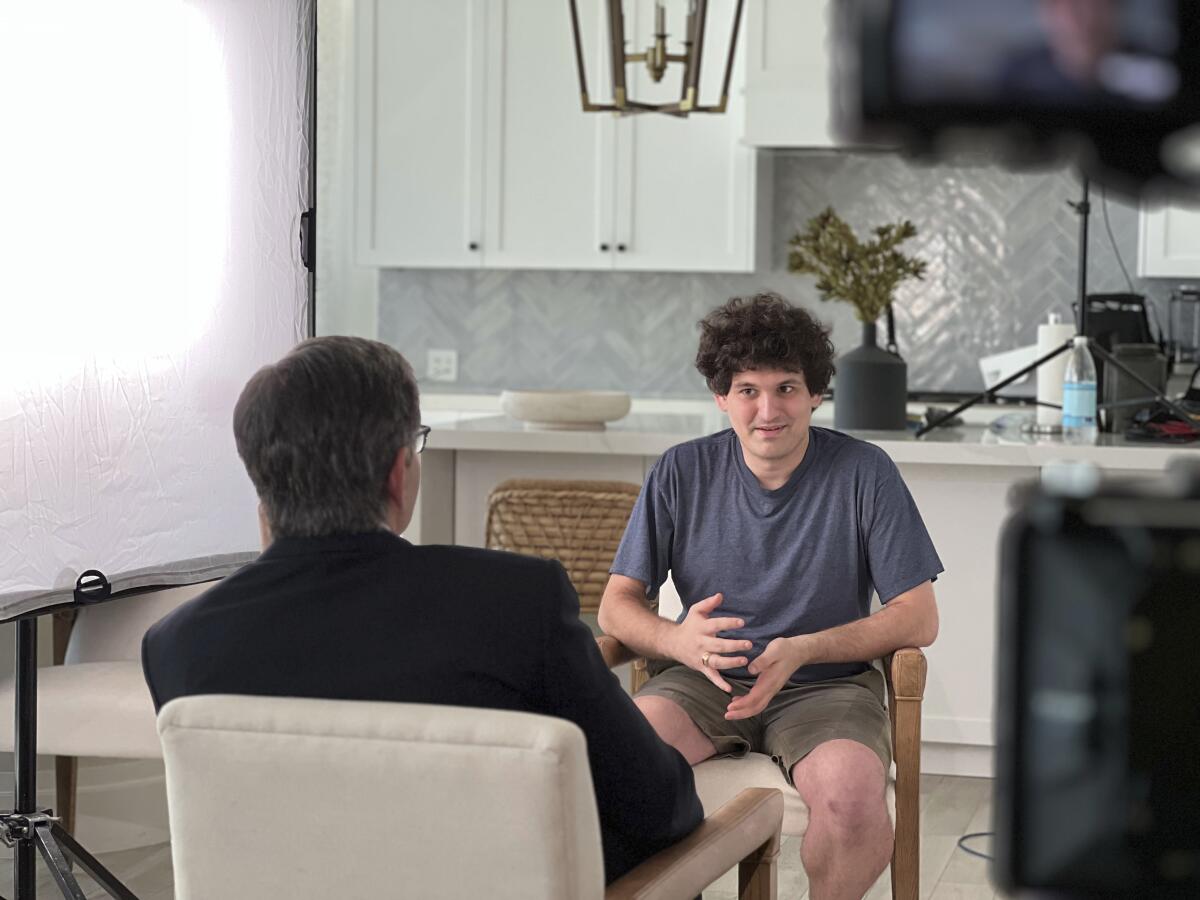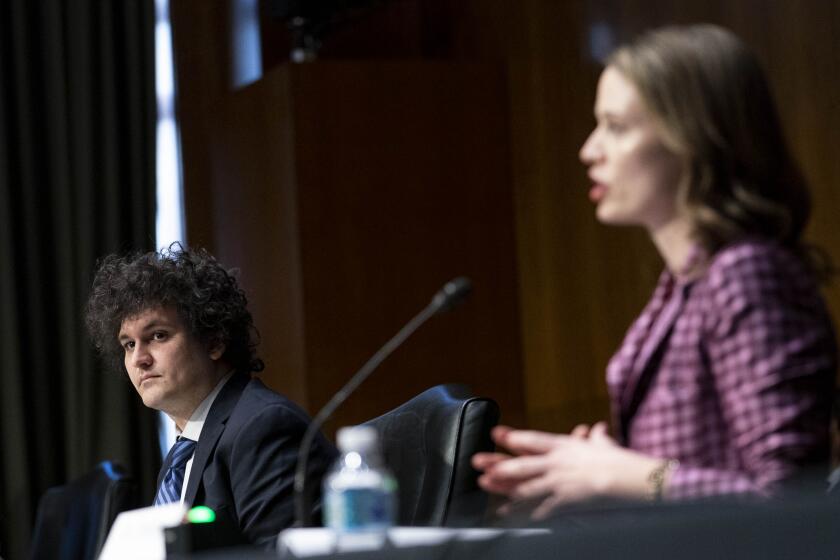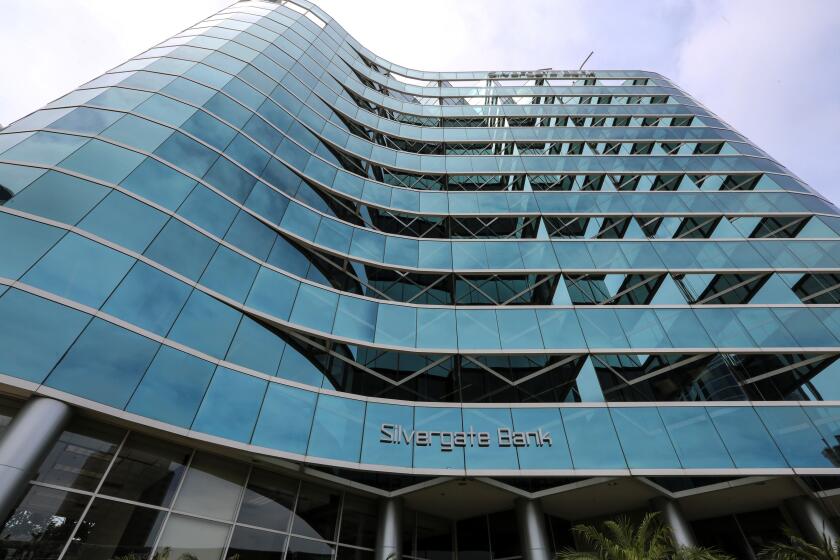Rats, tiny cells, no vegan food: FTX Bankman-Fried’s grim jail could shift extradition stance

The grim conditions FTX founder Sam Bankman-Fried is encountering in the Bahamas prison where he’s being held could change his attitude on extradition to face fraud charges in the U.S.
At Bankman-Fried’s first court appearance Tuesday, his lawyer said he planned to fight extradition.
But that was before the judge denied Bankman-Fried’s request to be released on $250,000 cash bail and an ankle monitor to track his movements. The judge ordered the former chief executive of the collapsed cryptocurrency exchange taken into custody at the Bahamas Department of Correctional Services facility, commonly known as Fox Hill.
Despite its bucolic name, Fox Hill is known for overcrowding, poor nutrition, inadequate sanitation and substandard medical care, according to a 2020 U.S. State Department report. The report described rat and maggot infestation as well as tiny cells with only buckets for toilets.
People familiar with the matter said Bankman-Fried, 30, has his own room in the medical block of Fox Hill’s maximum security unit, where he will remain until his Feb. 8 extradition hearing.
Facing a complex web of lawsuits and regulatory investigations into alleged wrongdoing by his companies, the fallen crypto billionaire denied knowledge of misusing customer funds.
One person said Bankman-Fried’s relatives called the prison Tuesday night to ask whether vegan meals could be delivered to him. He can’t receive visitors due to COVID restrictions at the prison.
It’s a far cry from the luxury penthouse in Nassau’s exclusive Albany community from which Bankman-Fried ran FTX and, according to federal prosecutors in New York, orchestrated a years-long fraud that diverted billions of customer funds from the cryptocurrency exchange to personal use and risky bets by FTX’s sister trading firm, Alameda Research.
The sumptous 12,000-square-foot, five-bedroom condo was reportedly put up for sale at $39.5 million on Nov. 11, the day FTX filed for bankruptcy protection after a cryptocurrency equivalent of a run on the bank.
Lawyers familiar with the extradition process said Bankman-Fried’s failure to win release on bail could change his calculations about returning to the U.S., especially because extradition battles can drag on for months or even years.
“It would be tough for SBF to withstand that for any period of time,” said Bruce Zagaris, a Washington, D.C., lawyer. “He won’t get any special treatment from the inmates and the guards, like he did at the Albany condominium. Eventually, he’s going to say, ‘I don’t want to spend another few years at this place. What are my alternatives?’”
Sam Bankman-Fried’s $16-billion fortune was always a myth. The mystery is why venture firms and the financial press thought it existed.
Houston lawyer Douglas McNabb agreed. Losing a bail hearing often “causes a defendant to rethink whether they want to appeal the case or not because they don’t want to be sitting in a Bahamian jail,” he said. “That’s a decision he’s going to have to make.”
The charges against Bankman-Fried include wire fraud, conspiracy to commit securities fraud and several other counts for allegedly misappropriating billions of dollars in FTX customers funds for personal use and risky bets by Alameda Research.
Damian Williams, the U.S. attorney for Manhattan, on Tuesday called the case “one of the biggest financial frauds in American history” and said the investigation of the alleged scheme is “very much ongoing.”
In numerous media interviews, Bankman-Fried has denied knowingly committing fraud i. Mark Cohen, a New York lawyer for the FTX founder, said in a statement Tuesday that his client is “reviewing the charges with his legal team and considering all of his legal options.”
Czech-born businessman Viktor Kozeny, who successfully fought extradition from the Bahamas on U.S. bribery charges, was imprisoned for more than a year at Fox Hill before a judge granted him bail.
The bank provides deposit, payment and security services to the digital currency industry, which has been reeling from high-profile bankruptcies.
The Bahamian prison “has its legacy and reputation of breaking even the toughest of men,” his lawyer said at the time.
More to Read
Inside the business of entertainment
The Wide Shot brings you news, analysis and insights on everything from streaming wars to production — and what it all means for the future.
You may occasionally receive promotional content from the Los Angeles Times.













